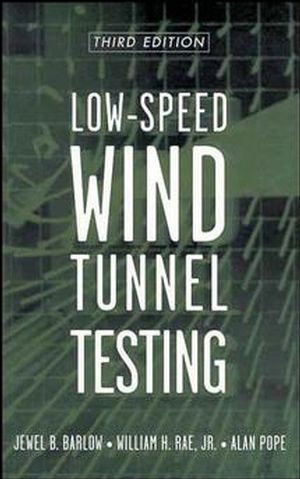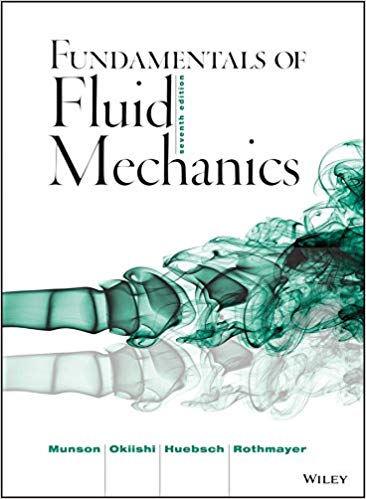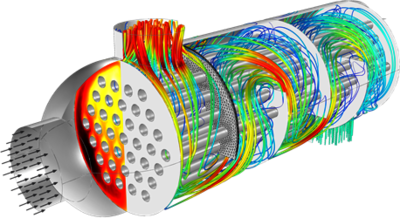teaching
My goal is to foster an inclusive environment in my classroom where everyone feels comfortable asking questions and taking chances. I encourage active learning through discussion, problem solving, and relating concepts to current engineering topics and practices. Every lecture is a learning opportunity for myself as well. Below is a list of courses that I am currently teaching, as well as courses I have taught in the past. As you can see, my courses revolve around the world of aerodynamics.
Currently Teaching

Experimental Aerodynamics Lecture and Laboratory
WVU Course MAE 434 / MAE 434L
Aerodynamic testing and instrumentation. Supersonic and low-speed wind tunnel testing including shock waves, aerodynamic forces, pressure distribution on an airfoil and boundary layers. Application of schlieren optics, thermal anemometry and laser doppler velocimetry.
Lecture: MW 12:00 - 12:50 PM in G39 ESB
Lab: F 12:30 - 4:20 PM at the WVU Hangar

Incompressible Aerodynamics
WVU Course MAE 336
MAE 335 covers the fundamentals of flowing fluids that can be treated as incompressible. Topics include what it means to be incompressible, analyzing the dynamics of fluid flow fields, ideal fluid flow, and viscous boundary layers. In this course, we will also cover airfoil theory as well as finite-wing theory.
Lecture: MWF 10:00 - 10:50 PM in G39 ESB
Previously Taught









